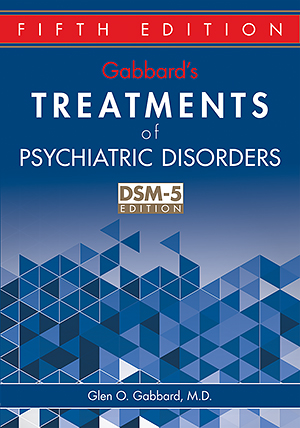Sections
Excerpt
Stroke and cerebrovascular disease (CVD) produce cognitive impairments and contribute to dementia due to Alzheimer’s disease (AD) and other forms of dementia. The American Heart Association/American Stroke Association (AHA/ASA) defines vascular cognitive impairment (VCI) as “a syndrome with evidence of clinical stroke or subclinical vascular brain injury and cognitive impairment affecting at least one cognitive domain” (Gorelick et al. 2011, p. 2677). AHA/ASA notes that predominant neuropathologies in older persons with “mixed dementia” are neurodegenerative changes occurring in a background of CVD (Zekry et al. 2002), including single or multiple lacunar and large-vessel strokes, ischemic leukoencephalopathy, atherosclerosis of large vessels, arteriolosclerosis, and/or microscopic hemorrhages (Middleton et al. 2011), as well as global or regional decreases in cerebral blood flow (CBF).
Access content
To read the fulltext, please use one of the options below to sign in or purchase access.- Personal login
- Institutional Login
- Sign in via OpenAthens
- Register for access
-
Please login/register if you wish to pair your device and check access availability.
Not a subscriber?
PsychiatryOnline subscription options offer access to the DSM-5 library, books, journals, CME, and patient resources. This all-in-one virtual library provides psychiatrists and mental health professionals with key resources for diagnosis, treatment, research, and professional development.
Need more help? PsychiatryOnline Customer Service may be reached by emailing [email protected] or by calling 800-368-5777 (in the U.S.) or 703-907-7322 (outside the U.S.).



